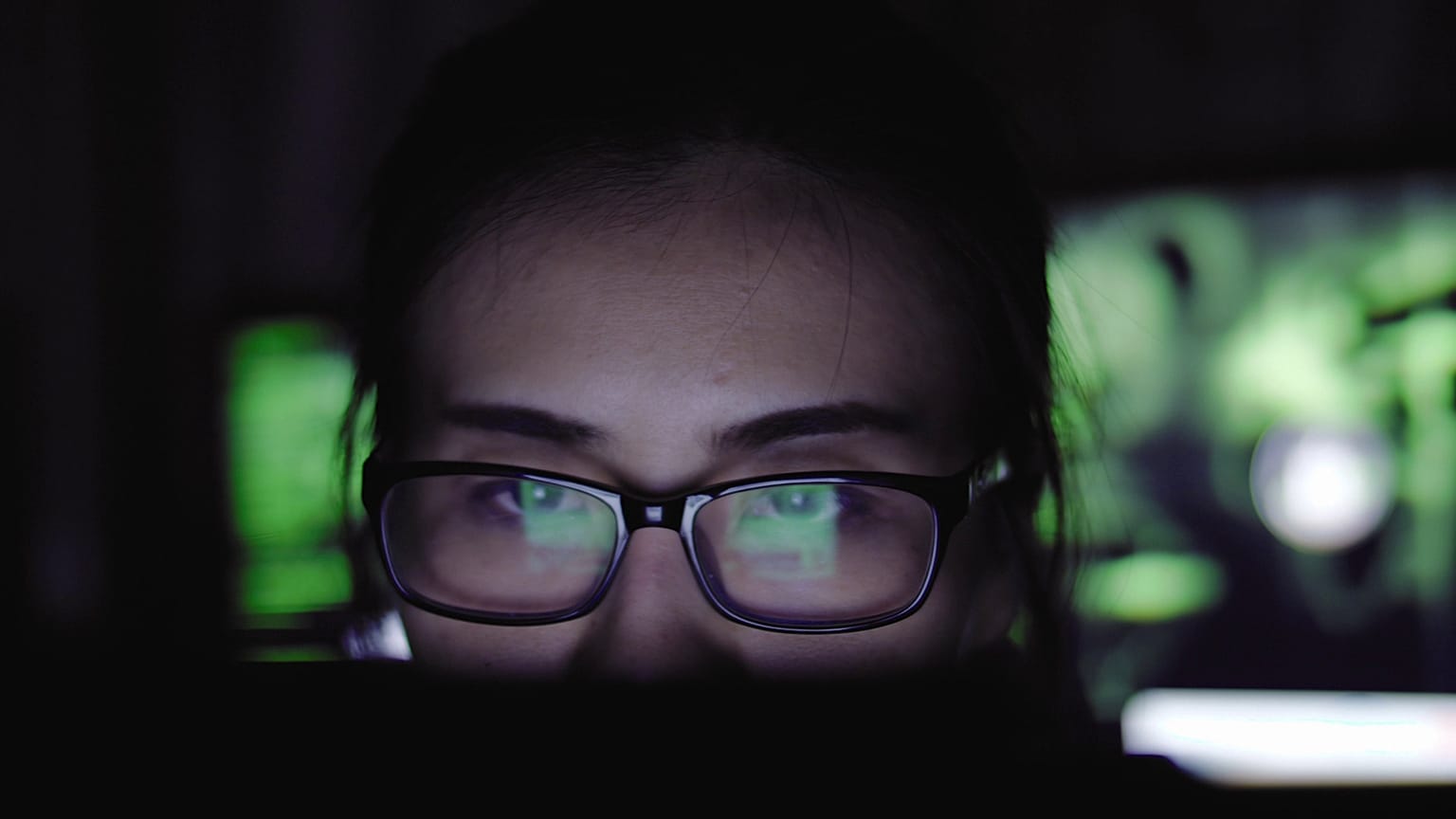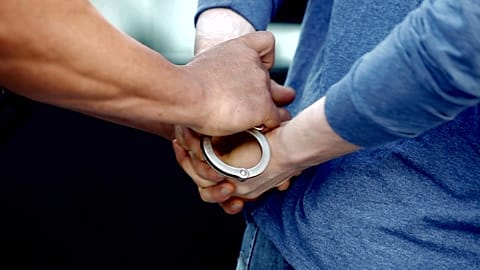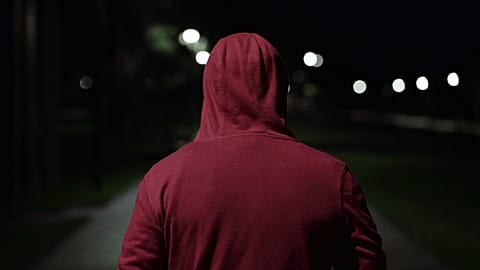With the development of digital technology, more and more young people are being drawn into the world of malicious computer programming.
Known as ‘script kiddies’ by their peers, these young digital natives run malicious codes and malware, but don’t necessarily have the skills to write them themselves.
 ADVERTISEMENT
ADVERTISEMENT
 ADVERTISEMENT
ADVERTISEMENT
“A script kiddie is someone who wants to accomplish some sort of malicious activity, whether it be breaking into a system or stealing credentials,” explains Mike Jones, a former hacker who goes by the alias H4UNT3D Hacker.
However, while they may be engaging in malicious activity, script kiddies are generally quite naive when it comes to coding and creating scripts, as Alexander Urbelis, Senior Counsel at Crowell and Moring LLP and a member of the Privacy and Cybersecurity Group, explains.
“Basically a script kiddie is somebody who doesn’t necessarily understand the exploits or the techniques of hacking and is relying on scripts or programs that were created by somebody else,” he says.
“They are taking a script, they’re running the script, they might set it to run against a particular target but they don’t necessarily understand how the technology works and they don’t have the skills to make them their own.”
As the digital underground evolves, these kids now have the whole world at their fingertips, with hacking tutorials available on YouTube and pre-written codes available to download.
And while many young people become involved in hacking through online gaming, there are many other entry points too: from the influence of school friends to online forums and video streaming sites like YouTube, where users upload instructive content.
To find out more about script kiddies, we spoke to two anonymous hackers about how they got involved in hacking and what the consequences were.
How do kids get into hacking?
“My way of getting into hacking was very different from the normal way, which is experimenting with cheats,” explains Chris*, a 14-year-old hacker who asked to remain anonymous because of his involvement in illegal activities.
When he was 12, an online friend told him he’d found a computer script and wanted to try it out on him. “He inserted my telephone number into this program and he was able to take over my WhatsApp account,” says Chris.
“He was able to write messages to all of my friends and all this stupid stuff. So from that day onwards I started to get interested in hacking.”
Similarly, GhostExodus, a former black hat (someone who hacks with malicious intent), became a hacker after meeting one at his new school. “I became obsessed with the idea of what he was doing, then I became friends with him.”
After developing a friendship with the hacker, GhostExodus began reading about hacking online and joining online forums, before going all in and forming the Electronic Tribulation Army (ETA), an anarchist hacking group.
Does hacking become an addiction?
For many young people, the reason they start hacking is because they see it as a bit of fun, a prank they can impress their friends with. Something that Chris says he can relate to.
“I’d say to (my friends), ‘Hey guys, today I hacked the classroom computer’. And they couldn’t wait until Pornhub showed up on the school computer screens. They would go crazy,” he says.
Many young people also have a limited understanding of the consequences of their actions, and the rush of successfully hacking a system can become addictive too, as GhostExodus explains.
“I didn’t really understand a lot about consequences,” he says. “Hacking gave me this huge flood of dopamine, like an endorphin rush. Like when you’re in Las Vegas and playing the slot machine or whatever, it’s an addictive rush.”
When combined, the heady mixture of dopamine, peer validation and the thrill of being somewhere that you shouldn’t be can lead to some severe consequences for script kiddies.
What happens when script kiddies get caught?
“The first time they caught me hacking,” explains Chris, “was when I had stolen a large amount of private data from my school and I started to post it online.”
As he was the only one in the school with the ability to carry out a hack like this, Chris was soon caught and held accountable for his actions.
“They expelled me… One morning I woke up and I found the headmaster, my father and a few teachers and they just said ‘We’ve discovered what you’ve been up to and that’s it, you’re expelled’.”
While Chris was able to transfer to another school, the consequences of hacking can be much more severe, as GhostExodus discovered after serving 11 years in prison for installing malware on the computers of the Texas hospital where he worked.
“I lost everything in prison. I didn't have the support that a lot of people have. I was on my own and I was restricted in the way I could communicate with people outside, so I had to say goodbye to pretty much everyone,” he says.
With public infrastructure often the target of hacks, the sentences handed down can be harsh, in a bid to deter other young people from getting involved in illegal hacking.
But considering many of these young people are coding experts, is prison really the best way for society to tackle the problem?
Reforming script kiddies
Like many reformed hackers, Mike Jones thinks there is a better way to handle the situation.
“I don’t think taking a kid who has committed a white collar crime on a computer and throwing him in prison is the right answer, when we can take that kid who probably doesn’t even know the laws around cyber, teach him the laws, redirect his attention and make him a successful, industry-leading man,” he explains.
While the malleable brains of young people make them expert hackers, it means they are capable of quick reform too, especially with the right guidance.
Famously, some hackers have even been hired by the companies they have hacked – the FBI works with a large number of hackers who act as informants on the activities of others in the community.
However young hackers are caught, GhostExodus believes they should be kept out of the prison system, especially adult penitentiaries:
“In my opinion, (script kiddies) should not be treated as adults. For one thing, teenagers, their brains and the mind within it, aren't even fully developed until they're older. And I think each case has to be handled very carefully and differently. But they should never be handled or processed by the legal system as an adult.”

















